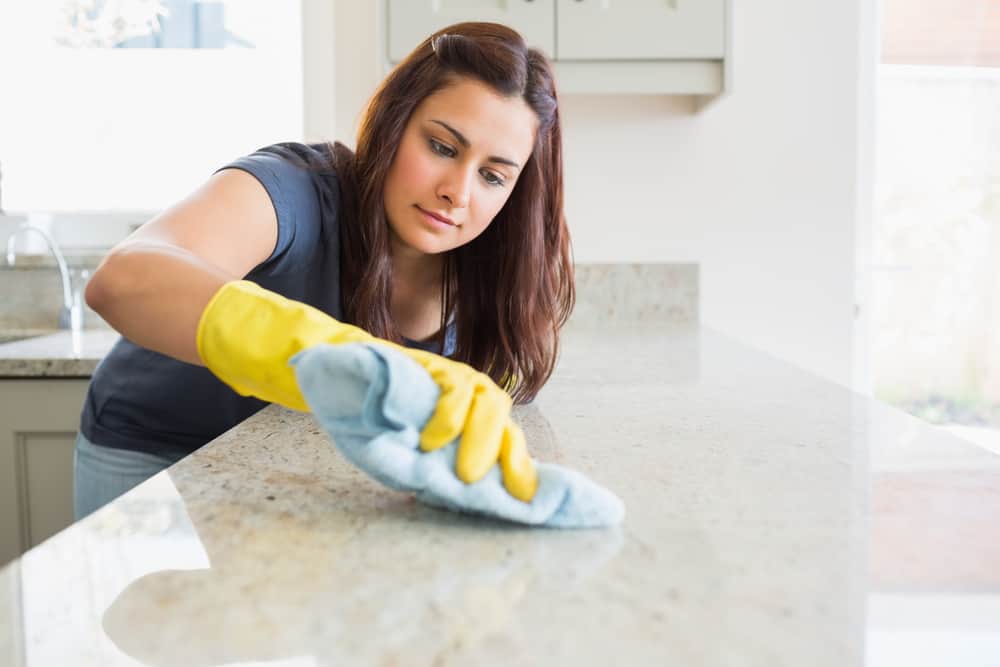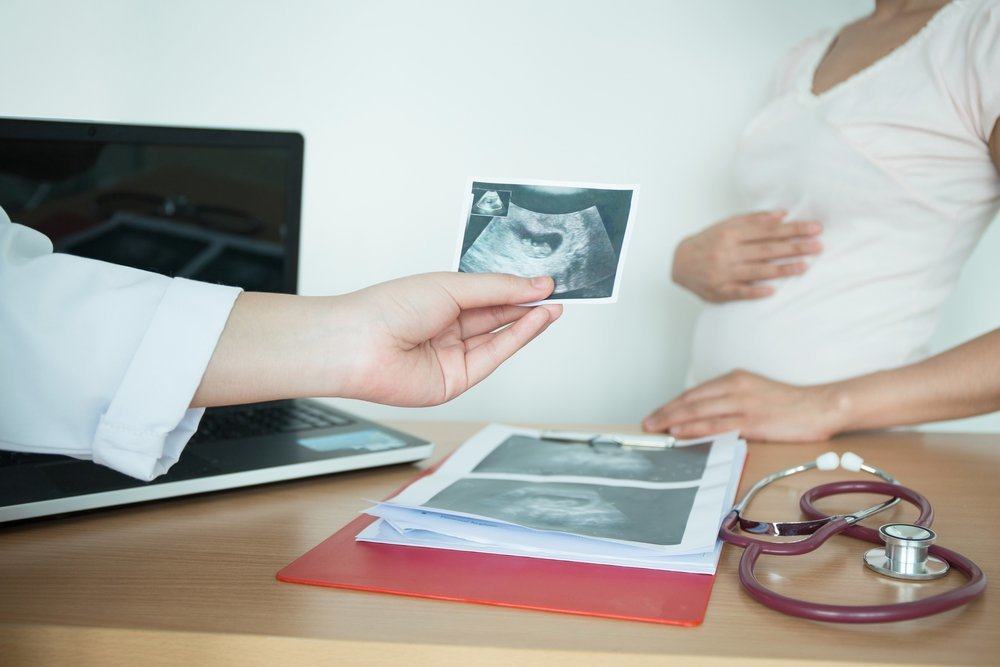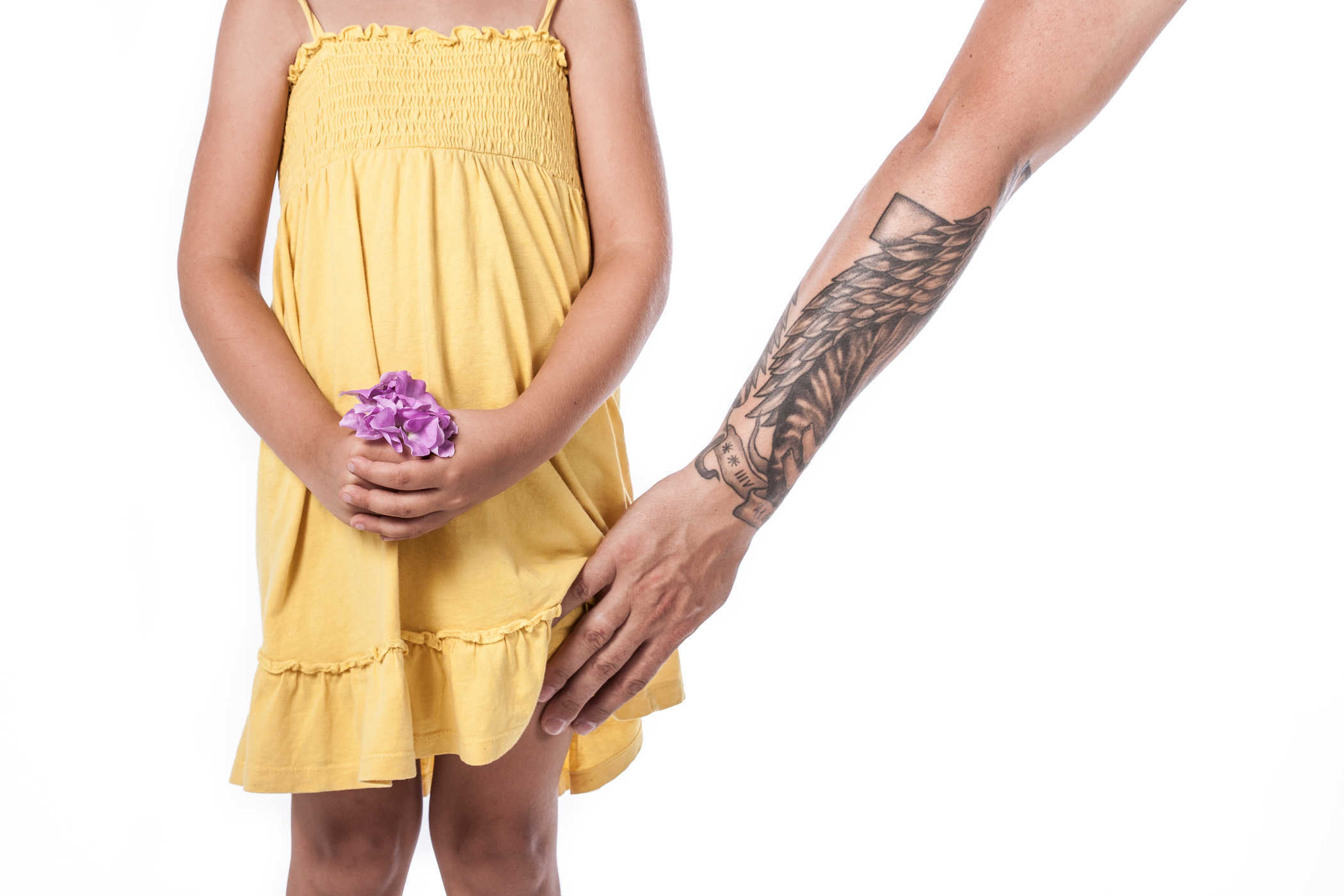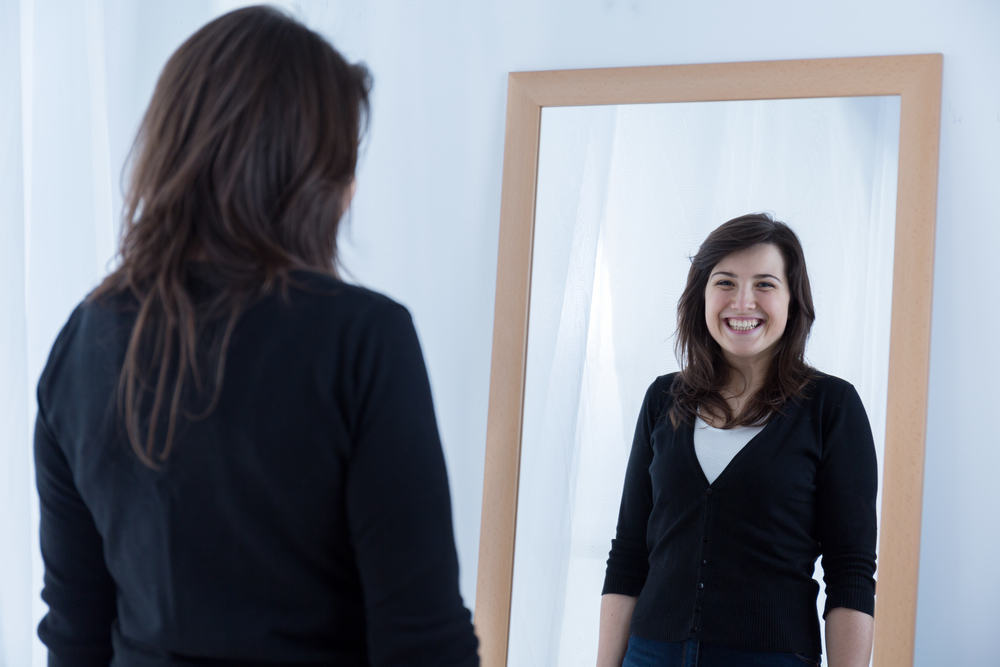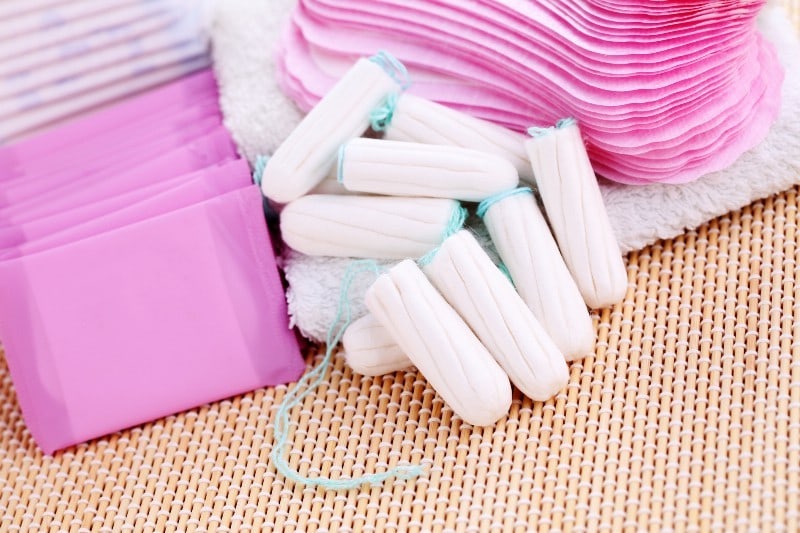Contents:
- Medical Video: Howie Mandel Opens Up About His Germophobia
- What is mysophobia?
- What are the symptoms of germs?
- What causesmysophobia?
- Mysophobia is different from OCD
- Can germs be treated?
Medical Video: Howie Mandel Opens Up About His Germophobia
Besides being disgusted, touching dirty objects also increases your risk of various diseases. However, most people can just ignore dirty dung to hold rubbish or dig soil while gardening. Right, after that you can immediately take a shower or wash your hands. But it's different from people who have mysophobia. They could scream frantically when they touched a piece of used paper that had fallen. Are you one of them?
What is mysophobia?
Mysophobia is excessive and unreasonable fear of bacterial contamination, dirt, dust, germs, and the risk of infection. Mysphobia is also known as germs or dirty phobias.
Someone who has a germ phobia will justify all kinds of ways to avoid exposure to bacteria. For example, by avoiding physical contact such as shaking hands with someone else or holding the elevator button. They will also do various ways to cleanse the body and the environment around them from bacterial contamination, and keep it clean.
This phobia has a destructive impact, to paralyze, in the lives of those who have it. Living too hygienically can actually increase the risk of various diseases. The use of excessive antiseptic and antibacterial products to avoid germs will actually make you sick easily.
Apart from harming physical health, germ phobias can also affect a person's self-esteem and self-esteem, disrupt relationships and performance at work or school, which can lead to mental health problems such as depression, social isolation, and anxiety disorders.
What are the symptoms of germs?
Because of his extreme fear of something (he thinks) is dirty, someone who has mysophobia usually shows signs or symptoms as follows:
- Avoid places that are considered a lot of dirt or germs
- Excessively clean the room
- Wash hands frequently and shower several times a day
- Refusing to share personal items
- Refuse to use public toilets
- Avoid physical contact with other people
- Avoid crowds or animals
- Refusing to share food
Someone who has mysophobia will feel nauseous (maybe even vomiting) trembling, heart palpitations, shortness of breath, sweating profusely, and even excessive panic and cry when he feels exposed to dirt or bacterial germs.
Symptoms of this phobia may also arise when the person is only just looking at the object of his phobia, such as seeing garden workers pulling weeds and sprinkling fertilizers or janitors who carry garbage.
What causesmysophobia?
Just like phobias in general, there is no definite cause that can explain why one can be very afraid of germs. However, there are several factors that affect mysophobia such as genetic, environmental, and psychological trauma that have been experienced in the past. Phobias can also occur after a person experiences trauma to the brain.
Mysophobia is different from OCD
Germ phobias are often associated with obsessive compulsive disorder (OCD). Both of these disorders show the same typical symptoms, namely frequent hand washing.
But the motivation for washing hands between germs and OCD patients is different. Someone with OCD is encouraged to wash their hands to alleviate the anxiety and stress they experience, while people who are afraid of germs feel they have to wash their hands to disinfect.
Someone who has a history of OCD has a higher risk of germ phobia, but not all people with OCD will get bacterial phobias.
Can germs be treated?
Treatment of mysophobia is similar to phobia therapy in general, which usually includes CBT psychotherapy (to stop obsessive behavior, symptoms, and improve mindset), medical drugs (a combination of antidepressants, beta-blockers, and anti-anxiety), or a combination of both.

